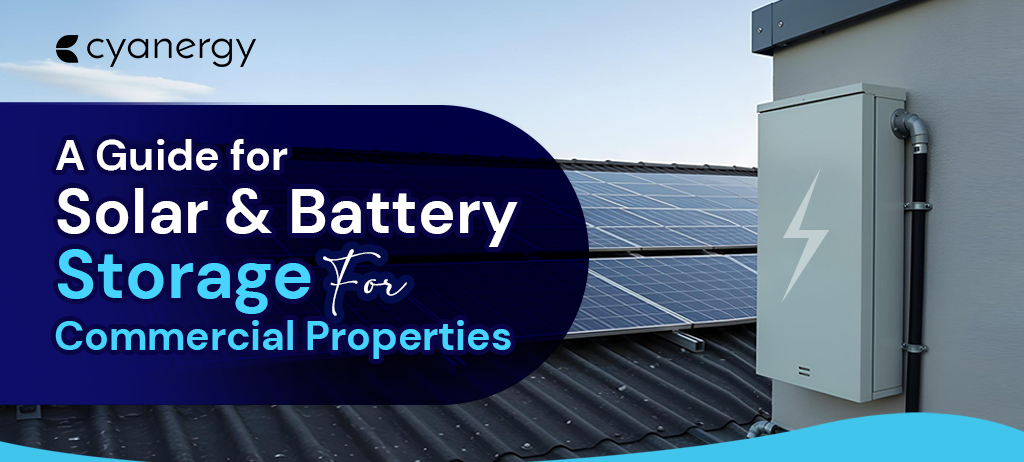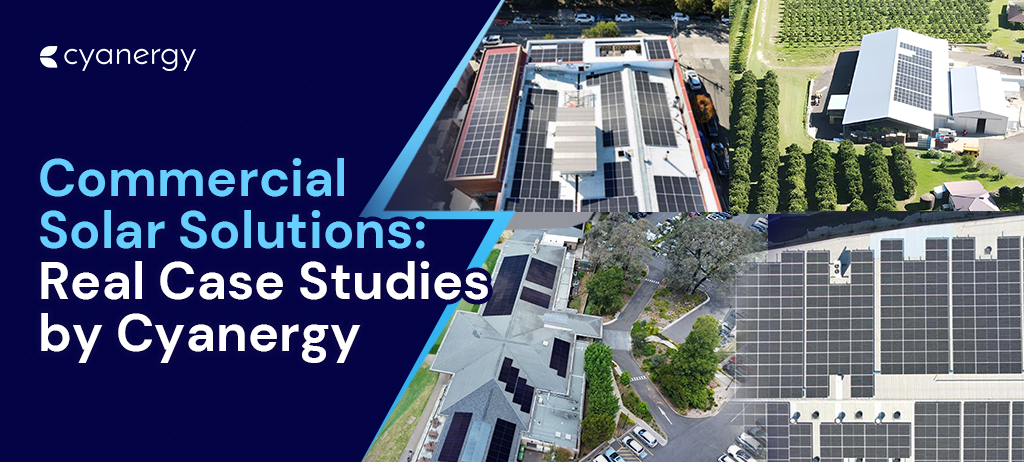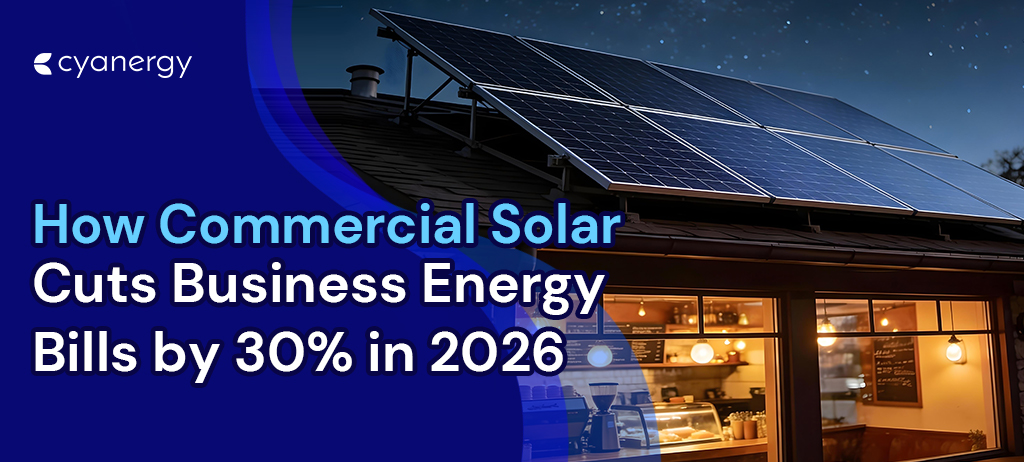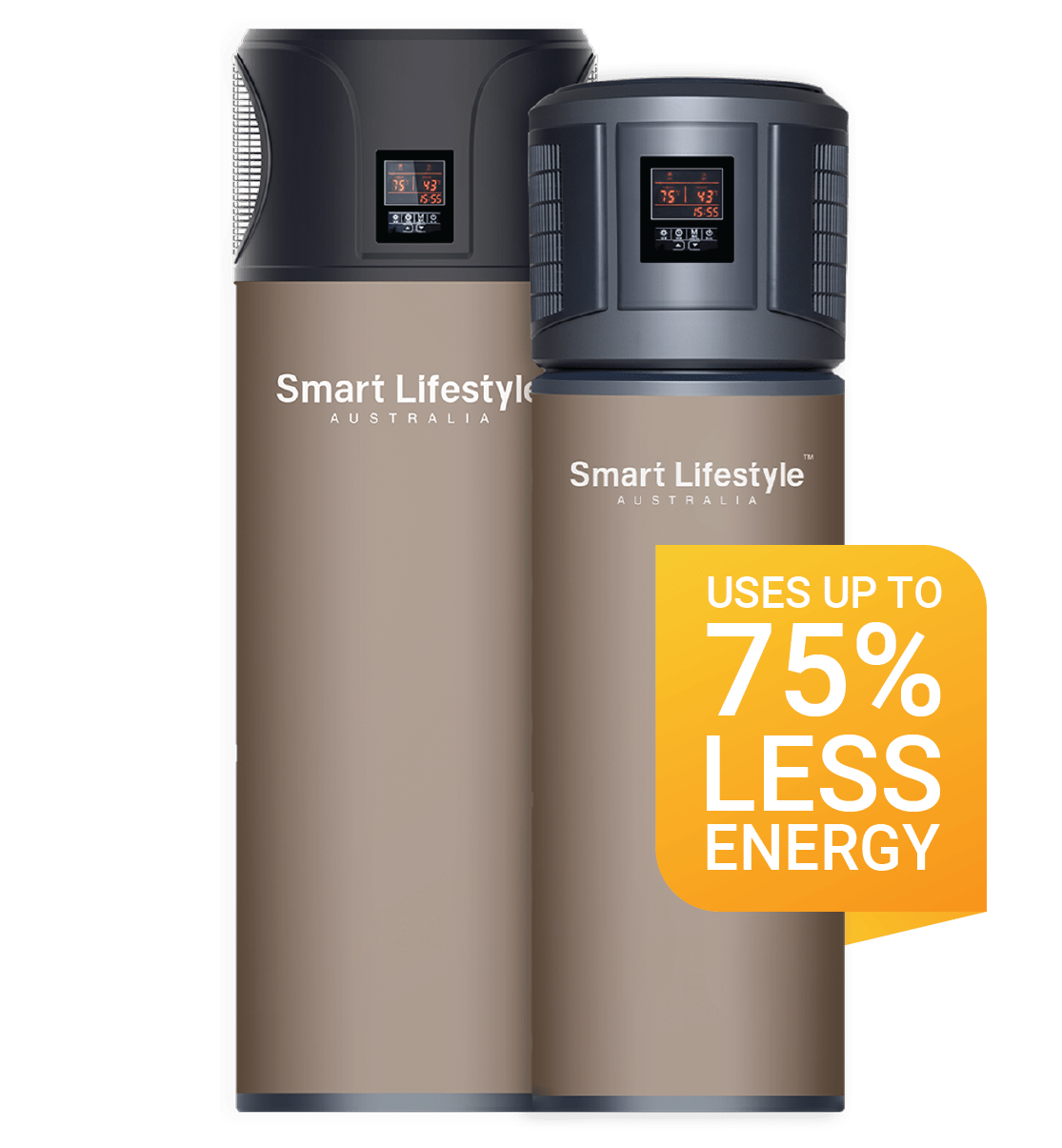Insulation is important for keeping your house warm in winter and cool in summer. Depending on your home, you can add insulation quickly without major changes, especially during new construction or major renovations.
But how does insulation boost energy efficiency in Australian residents? Australian homeowners deal with various weather conditions, from hot summers to cold winters.
Many people value ensuring their home is comfortable all year round, and insulation is key to achieving this. A well-insulated house doesn’t just keep it cozy; it also helps save energy and reduces noise.
Different kinds of insulation materials and methods are used in Australian homes to suit various needs. The climate where you live, how your house is designed, and how much you can spend all affect the best insulation.
Knowing how insulation works in Australia, homeowners can make wise choices to make their homes more comfortable and eco-friendly.
With energy costs going up, insulation is more important than ever. A properly insulated home saves energy, lowers bills, and causes less environmental harm.
Good insulation also improves the air inside your home and reduces strain on your heating and cooling systems. Stressing the importance of insulation in Australian homes is key to living comfortably while caring for our planet.
What is Insulation?
Insulation is a way to stop heat from moving through bricks, plasterboard, glass, and metal. It acts like a barrier that slows the movement of heat, helping keep your home warmer when it’s cold outside and cooler when it’s hot outside.
Insulation is like wrapping your home in a cozy blanket during winter to keep the warmth inside and using a cooler box in summer to keep the heat outside.
Types of Insulation
Insulation comes in different forms, each with its pros and cons. Some common insulation materials are fiberglass, cellulose, foam board, and more.
The type of insulation you choose depends on factors such as your budget, the location where you’re insulating, and your climate.
Let’s explore some of these options:
Fiberglass is a popular and affordable insulation material made of tiny glass fibers. It’s great for blocking heat.
Cellulose is made from recycled paper. Cellulose insulation is environmentally friendly. It reduces heat transfer and blocks noise.
Foam Boards are solid insulation boards that are very good at blocking heat. They’re useful in tight spaces where other insulation might not fit well.
Benefits of Insulation

It’s crucial for making your home energy efficient. Insulation is the best way to make your home more comfortable without spending too much money.
A well-insulated home can cut your heating and cooling bills by about 40% to 50%. Adding insulation can also make your home more comfortable all year round, prevent condensation on walls and ceilings, and even pay for itself within five to six years.
Boosts Energy Efficiency
Good insulation is very important for making a home more energy efficient. It works by stopping heat from moving inside and outside the house.
This means you don’t need to use heating and cooling systems as much, which saves energy. It also helps reduce greenhouse gas emissions, which is good for the environment.
Indoor Comfort
Enough insulation keeps the indoor temperature steady, making the home more comfortable. It keeps the house cool in hot summers and warm in cold winters, creating a nicer living space, and can even help prevent health issues caused by big changes in temperature.
Cost Savings
Investing in good insulation can save you money over time. With good insulation, you use less energy to keep your home comfy, lowering energy bills. This frees up cash that you can spend on other things. Also, well-insulated homes are worth more when you sell them because buyers know they’re more energy-efficient and comfortable.
Condensation Control
Insulation helps control moisture in your home, reducing the chance of condensation and dampness. Keeping humidity levels right also helps prevent mold and other moisture problems, making your home healthier.
Noise Reduction
Insulation not only keeps the temperature steady but also reduces outside noise. This makes your home quieter and more peaceful, even if you live in a noisy area. Enjoy more privacy and calmness with good insulation.
What is Energy Efficient Insulation?
Energy-efficient insulation is a smart and money-saving way to manage your home’s energy use. It’s especially important during winter and summer.
This insulation helps keep the heat inside when it’s cold outside and keeps your home cooler when it’s hot.
Different types of energy-efficient insulation, such as foam, fiberglass, and loose-fill, are available. You can install insulation around your house, like the attic, basement, and roof.
How Does Insulation Improve Energy Efficiency?
Saving energy can be done in many ways, and one effective method is insulating your home. This helps keep your heating and cooling costs low. Insulation should be installed inside and outside your home for the best results.
This also helps you save more energy and money on your utility bills. Insulation boosts energy efficiency because:
- It reduces how much energy you use.
- It decreases the need for heating and cooling systems.
- It makes your current heating and cooling systems work better.
Different seasons, like summer and winter, greatly affect energy use. Areas with colder winters require more heating, while places with hotter summers require more cooling.
This impacts both energy use and energy savings. As homeowners, it’s important to save money and use energy wisely.
Here are some ways to do this:
Cutting Down on Energy Use
Saving energy at home or reducing how much energy you use can be done in different ways. It’s essential to be consistent every day and use less energy. Here are some simple things you can do regularly:
- Turn off electrical devices when you’re not using them.
- Unplug chargers and electronics when they’re not in use.
- Use less water and make sure faucets are tightly closed.
Reducing Heat Loss
How does insulation help save energy? Another way to save energy many people don’t think about is reducing heat loss. This happens especially during winter when you use a heater to keep your house warm. Heat loss occurs when warm air escapes through cracks or poorly insulated walls.
Reducing heat loss is important because it can raise energy bills. That’s why installing insulation in your home is so helpful. It is a great way to use less energy and save money.
Lowering the Need for Heating and Cooling
Homes need heating and cooling systems to stay comfortable. Insulation can reduce the need for these systems because it helps maintain a steady temperature indoors, no matter the season. There are steps you can take to use heating and cooling systems less, which also means you’re conserving more energy.
More Ways to Use Less Heating and Cooling
- Manage Ventilation: Keep your windows and doors closed to keep air inside.
- Control Heating: Set your thermostat to a comfortable temperature for each season.
- Plan Ahead: Start with energy-efficient materials during home construction.
- Add Insulation: Focus on walls, ceilings, attics, roofs, and basements.
- Think About Floors and Foundations: Insulate these areas to prevent uncomfortable air leaks.
Boost HVAC Efficiency
Insulation helps HVAC systems work better by keeping a steady temperature and conserving energy. Upgrading to high-quality HVAC systems can further improve efficiency. Even though standard systems are efficient, adding insulation can enhance their performance.
Air Leaks
Many homes have air leaks due to old or faulty HVAC systems. Insulating concrete forms can help seal these leaks, but it’s best to consult professionals for this job.
What Type of Energy-Saving Insulation Works Best?

Choosing the right insulation can be daunting if you’re new to it, but here are some top options to consider:
Foam Insulation: Good for new homes, foam insulation uses rigid foam boards to create a barrier against heat transfer, keeping indoor temperatures steady.
Attic Insulation: Perfect for renovations, attic insulation forms a barrier that prevents energy from escaping through your roof, helping maintain indoor temperatures in extreme weather.
Fiberglass Insulation: Ideal for remodeling, fiberglass insulation is made of fine glass fibers, comes in rolls or loose fill, and is commonly used for walls and ceilings.
Spray Foam Insulation: For existing spaces and hard-to-reach areas, spray foam seals gaps and cracks, reducing air leaks and improving insulation efficiency.
Loose Fill Insulation: Perfect for attic floors, loose fill (cellulose) insulation is blown into spaces, fitting neatly without damaging structures and keeping pests out.
Financial Incentives to Upgrade Insulation
Homeowners who upgrade their insulation can receive financial assistance through rebates, tax credits, or special financing programs.
The Australian Federal Government provides resources, such as energy.gov.au, for homeowners to learn about available incentives and eligibility criteria. Taking advantage of these incentives not only lowers the initial costs but also increases overall savings over time.
If you need clarification on insulation installation, it’s wise to seek help from knowledgeable contractors and professional companies. They can guide you through the process and ensure everything is done right.
Insulation is crucial for saving money and energy by maintaining comfortable temperatures year-round. By reducing energy use, insulation helps lower utility bills and makes homes more comfortable.
Choose the right insulation material based on your needs and enjoy energy savings and improved comfort today!







